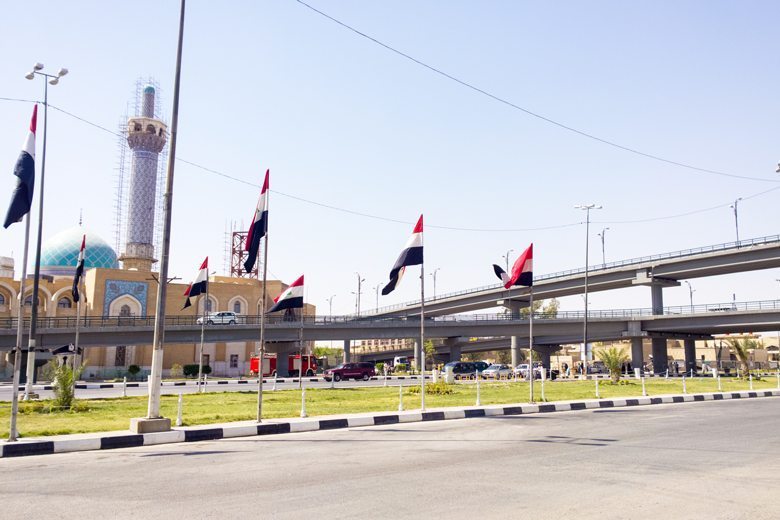

Ministry spokesperson tells MEED future spending will focus on schemes already under construction
Iraq is expecting its budget deficit to be less than $20bn in 2016, as government spending comes in lower than initially planned.
In December 2015, parliament approved a budget of $96bn, with a $20bn budget deficit, based on projected oil exports of 3.6 million barrels a day (b/d) at a price of $45 a barrel.
So far in 2016, revenues have been less than expected, but so has spending, Majida al-Tamimi, a member of Iraqs Parliamentary Finance Committee, tells MEED. If Iraq did spend $95bn over 2016 then the deficit would be between $20bn and $30bn, but because we are unlikely to spend the $95bn, the deficit is probably going to be lower than the planned $20bn.
Spending on projects will focus mainly on ongoing schemes, according to Al-Tamimi.
Most projects that havent started have already been put on hold, she says.
Some key projects in the pre-execution phase will still go ahead, according to Al-Tamimi.
The government is focused on oil-export-related projects because of the revenues they will create, says Al-Tamimi. Due to the current financial crisis, Iraq is obviously looking to diversify and create other revenue streams.
The countrys foreign reserves stand at about $60bn, according to Al-Tamimi. This is down from $68bn in July, according to the Washington-based IMF.
Due to financial pressure, Baghdad has introduced unprecedented salary cuts for senior civil servants.
In January 2016, Iraqs Prime Minister Haider al-Abadi said his country was hoping to secure between $6bn and $7bn in loans from the IMF.
You might also like...

Iraq signs deal to develop the Akkas gas field
25 April 2024

Emaar appoints beachfront project contractor
25 April 2024

Acwa Power signs $356m Barka extension
25 April 2024

AD Ports secures Angola port concession agreement
25 April 2024
A MEED Subscription...
Subscribe or upgrade your current MEED.com package to support your strategic planning with the MENA region’s best source of business information. Proceed to our online shop below to find out more about the features in each package.




